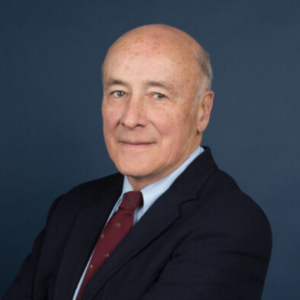Joseph S. Nye, Jr. (1937–2025) was a political scientist best known for his pioneering contributions to the field of international relations. Early in his career, he and Robert Keohane developed the concepts of neoliberal institutionalism and complex interdependence. In the late 1980s, he coined the term “soft power” (in contrast to the “hard powers” of economic and military might) and developed the associated notion of “smart power,” which combines hard- and soft-power strategies in foreign policy.
Outside of academia, Nye served in several positions within the U.S. federal government, most notably as chairman of the National Security Council and Assistant Secretary of Defense for International Security Affairs under President Bill Clinton. Nye is considered one of the most prominent figures in American foreign policy and was included in several lists of the most influential international relations scholars.
Professional positions
- 1964–2025: Assistant to full professor of government (1964–1995), Clarence Dillon Professor of International Affairs (1989–1993), Dean and Don K. Price Professor of Public Policy (1995–2004), and University Distinguished Service Professor Emeritus (2004–2025), Kennedy School of Government, Harvard University
- 1994–1995: Assistant Secretary of Defense for International Security Affairs, U.S. Department of Defense (under President Bill Clinton)
- 1993–1994: Chairman, National Intelligence Council (under President Bill Clinton)
Notable publications
- Nye, Joseph S., Jr. 2002. The Paradox of American Power: Why the World’s Only Superpower Can’t Go It Alone. Oxford University Press.
- Nye, Joseph S., Jr. 1990. Bound to Lead: The Changing Nature of American Power. Basic Books.
- Allison, Graham T., Albert Carnesale, and Joseph S. Nye, Jr., eds. 1985. Hawks, Doves, and Owls: An Agenda for Avoiding Nuclear War. W.W. Norton & Company.
- Keohane, Robert O., and Joseph S. Nye, Jr. 1977. Power and Interdependence: World Politics in Transition. Little, Brown and Company.
Degrees
- PhD, political science, Harvard University
- BA, philosophy, politics and economics, Oxford University
- AB, public affairs, Princeton University

